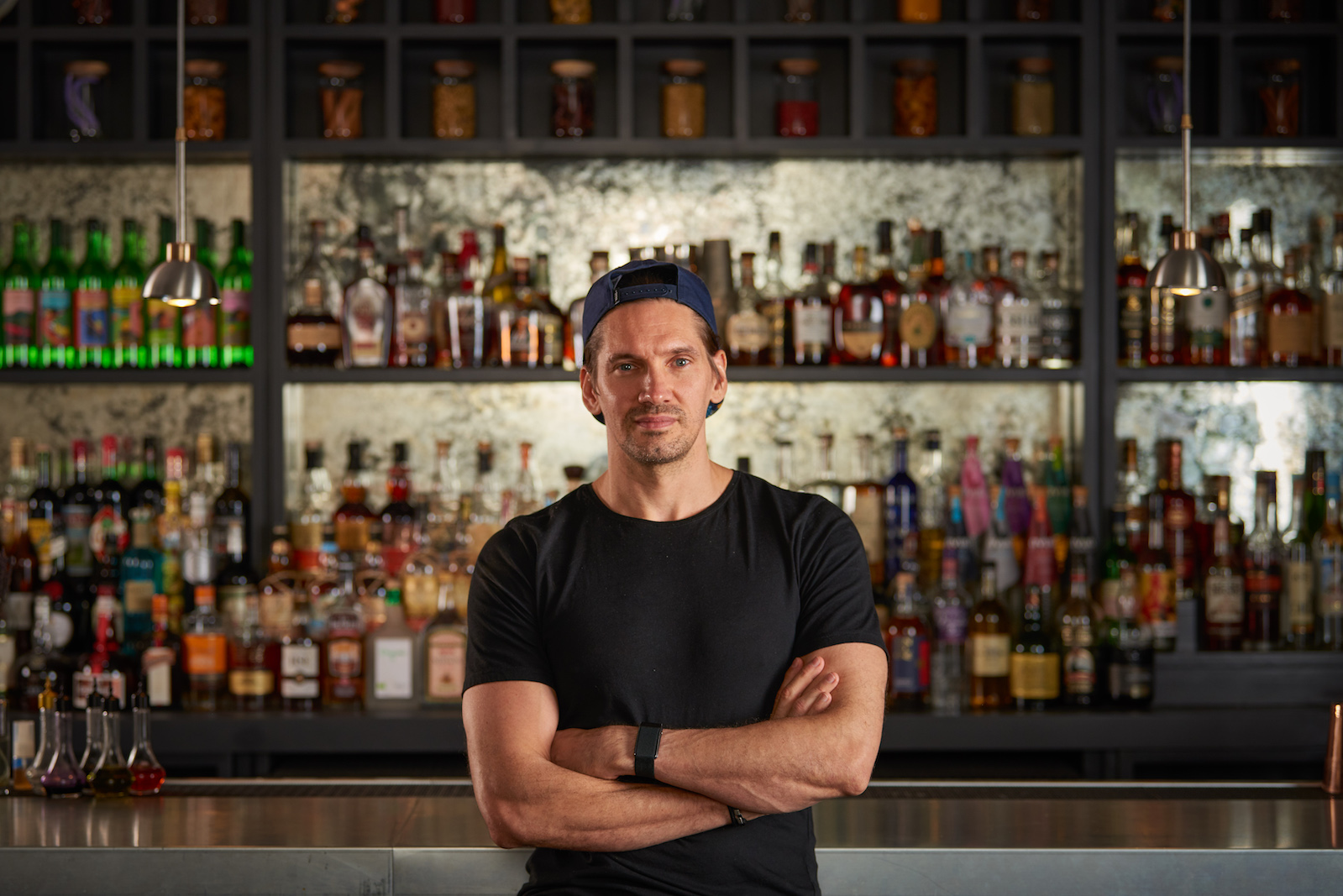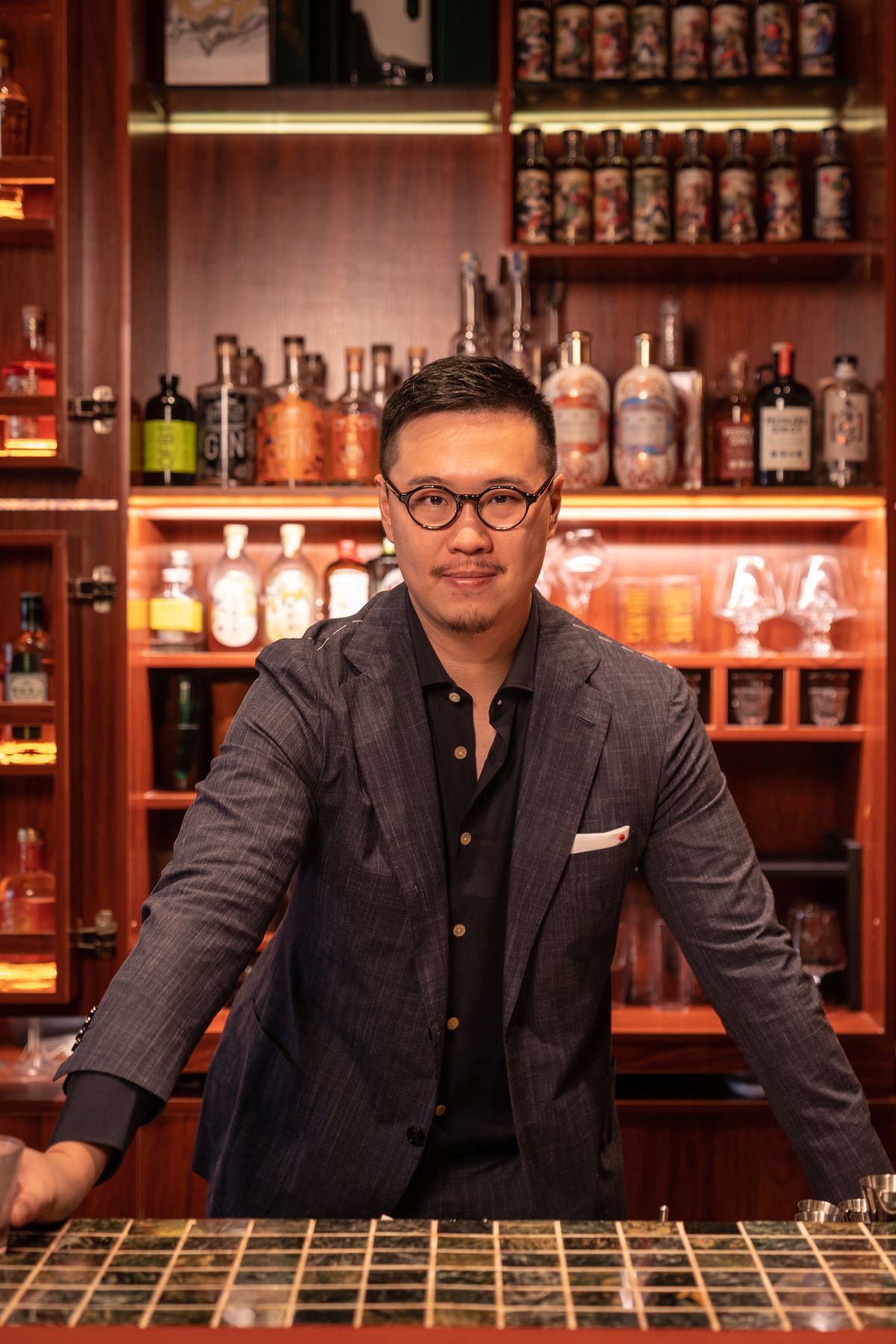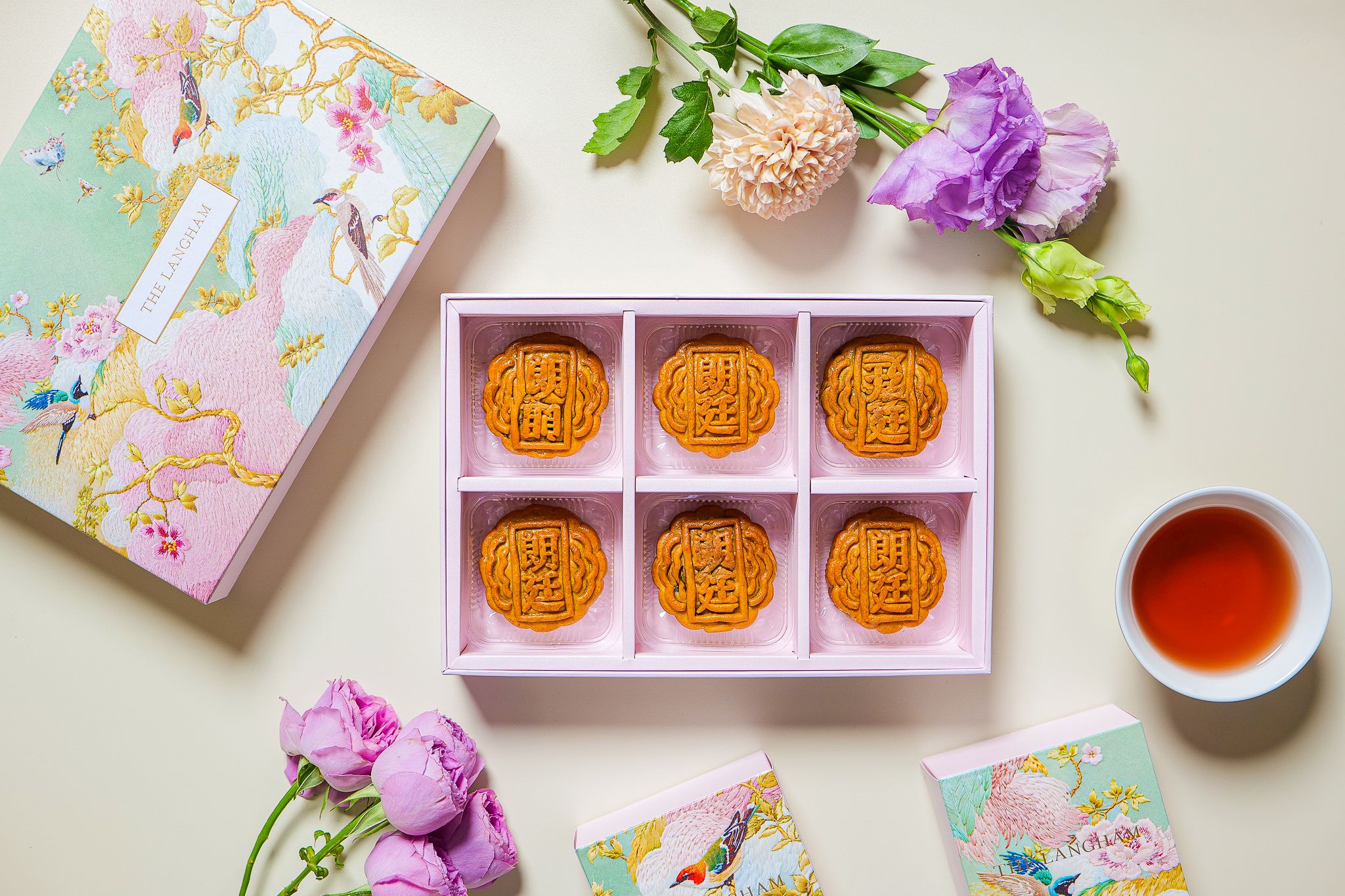Innovation comes when one knows the fundamentals. When it comes to food, particularly Japanese cuisine, having the foundation of presentation, technique, and ingredients are what makes Japanese food authentic.
This has always been the belief of Chef Edwin Sta. Ana, the Filipino chef who has recently taken the position of chef de cuisine at The Westin Bali’s acclaimed Japanese restaurant, Hamabe.
“The difference between traditional and modern Japanese cooking is with presentation, technique, and the ingredients used. I always respect traditional ways, but food is like fashion, and people tend to follow trends.”
Having been exposed to modern Japanese cooking for more than 8 years, Chef Edwin is ready to steer Hamabe in a new direction while keeping its signature authentic touch that makes Westin’s Japanese restaurant a constant favorite among guests.
Authenticity and tradition makes the Japanese fare at Hamabe continue to stand out, and with Chef Edwin leading the kitchen, he is looking to add twists, flavor, and spice not only to the food, but also with the layout of the restaurant.
“With the current robata, teppanyaki, and sushi bar that we currently have, there’s a good platform I can work on. I want to elevate the food at Hamabe, playing with Indonesian flavors, bringing Japanese authentic food with a twist. I also want to bring more guest engagement with an Omakase bar.”
With Chef Edwin’s strong, multicultural background, his travels, and his experiences, brings distinctive flair into authentic Japanese cuisine that Hamabe is known for.
Born with Filipino parents who migrated to South Africa when he was only a year old, Chef Edwin was exposed early on to different types of flavors. From his mother’s native province in Pampanga (regarded as the culinary capital of the Philippines) and his father’s work in a Japanese company based in South Africa, Chef Edwin was used to eating rice, fish, fresh ingredients, and robust flavors since he was young.
Inspired by his early experiences and his older brother who also specializes in Japanese cuisine, Chef Edwin learned kitchen basics in culinary school while he worked in a Japanese Teppanyaki restaurant in South Africa. He learned “old school” Japanese cooking from a small team of chefs, as Japanese cuisine was not very popular in the area back then.
“There was a small community of Japanese chefs and restaurants at the time. The sushi movement in South Africa started in the 1990s which was quite late compared to other places. When sushi was introduced there, people were eating it with ketchup and mayo, and with spoons and forks.”
Despite limitations, Chef Edwin was set to become a Japanese chef, and his career took off when he joined Nobu at The One & Only Hotel Capetown. This experience veered him away from traditional Japanese and into the Nikkei style Nobu is known for—an influence of robust South American flavors fused with Japanese preparations.
His career as a Japanese chef took him to the Philippines, setting up the Nobu kitchen in Manila, as well as London, India, Bangladesh, Thailand, Doha and New Zealand, before coming to Bali to head the Hamabe kitchen at The Westin.
As the chef de cuisine, he takes on new challenges of leading the Hamabe kitchen, learning the culture, flavors, and people of Bali.
“I want everyone in the kitchen to feel comfortable, to have the space to learn together and connect with each other, without forgetting our work, responsibilities, and why we are here.”
When asked what his favorite dishes are, he still goes back to home comfort food—Filipino dishes with a fusion of Japanese. He favors fresh fish with bold flavors without compromising the the ingredients that he uses.
As Chef Edwin steers Hamabe into a new direction, he hopes to provide a more interactive experience for guests, not only to dine and enjoy the food, but also engage and educate the guests on the flavors and ingredients being served.
“Dining is not simply eating, it’s about creating moments.”









